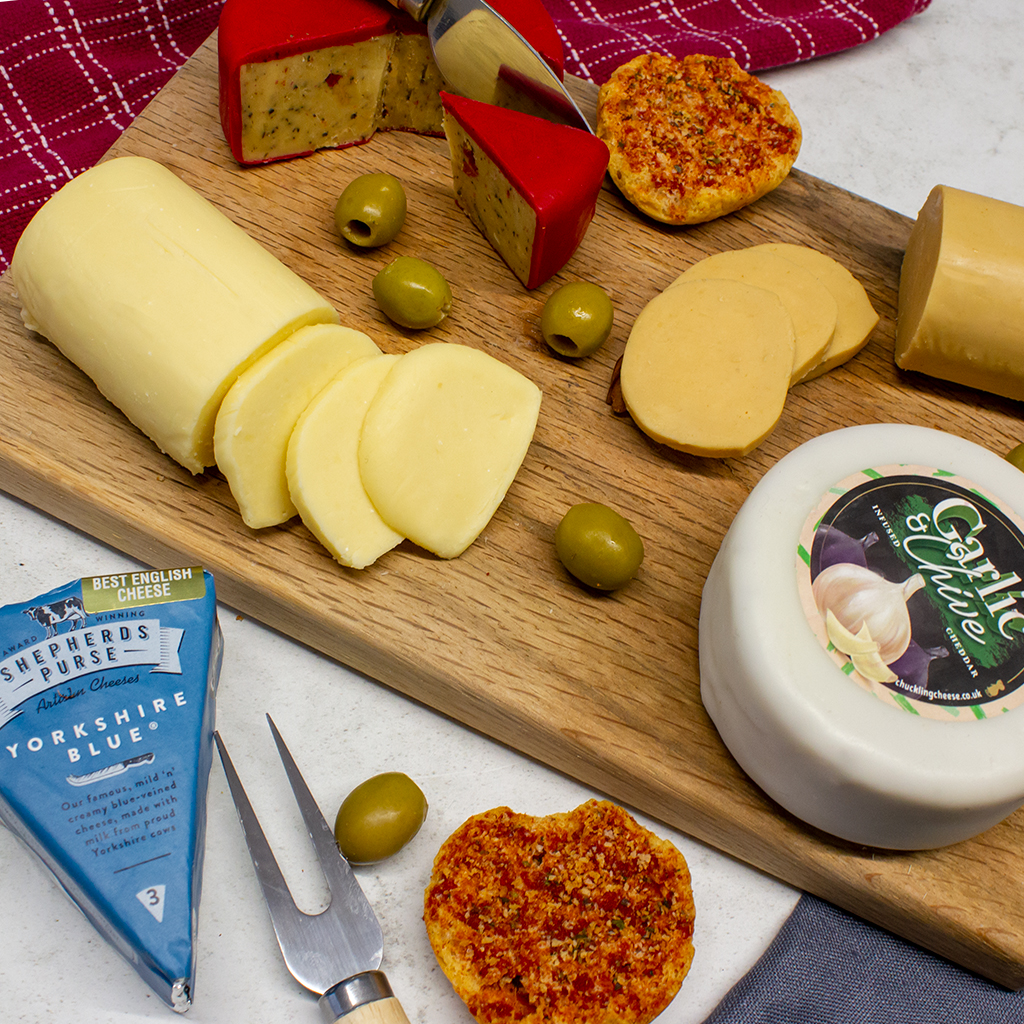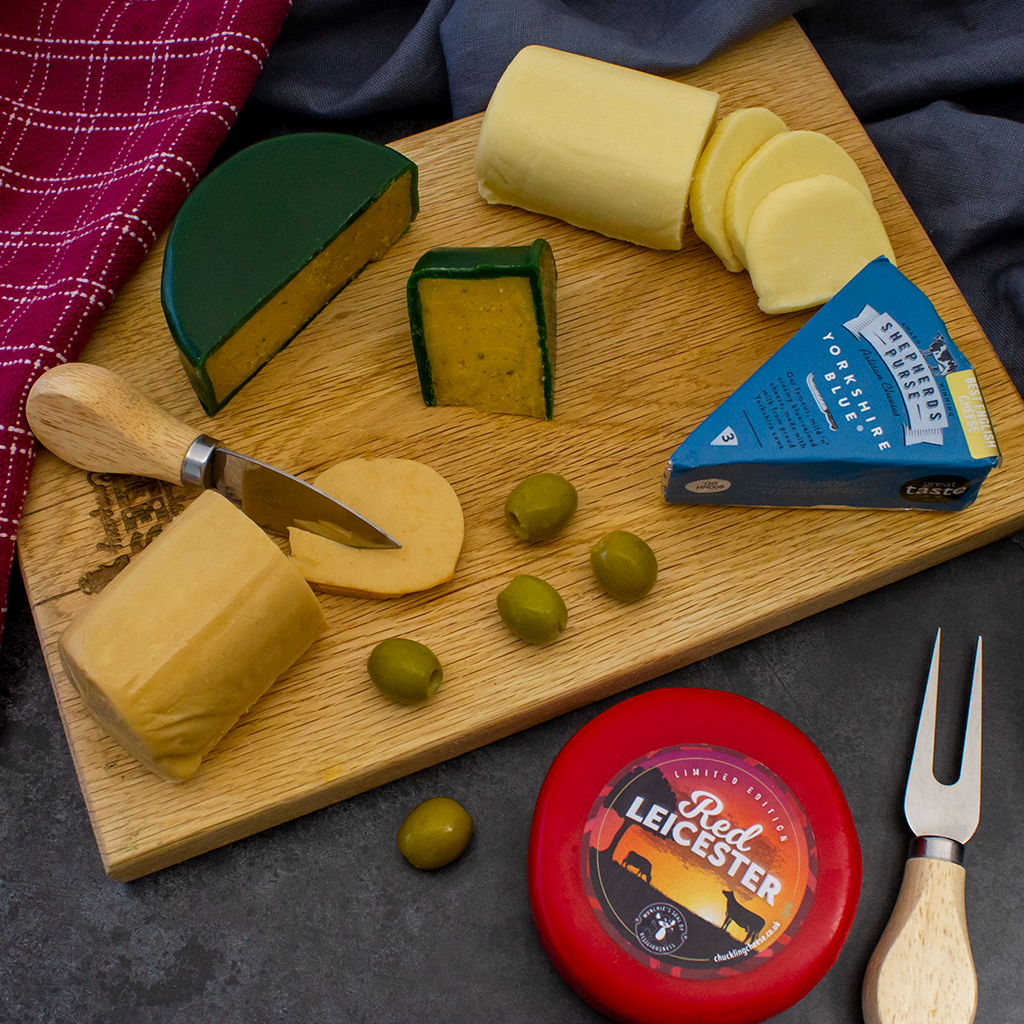Can You Eat Blue Cheese When Pregnant?
Pregnancy is a time when women need to pay extra attention to their diet as it directly affects the growth and development of the unborn child. Many foods that are otherwise considered healthy may need to be avoided or consumed in limited quantities during pregnancy. One such food is blue cheese. In this article, we will discuss whether blue cheese is safe to eat during pregnancy.


What is Blue Cheese?
Blue cheese is a type of cheese that is made using Penicillium cultures, which gives it a distinct blue-green mould. Some common types of blue cheese include Roquefort, Gorgonzola, and Stilton. Blue cheese has a strong, pungent flavour and is often used in salads, dressings, and sauces.
The Concerns of Eating Blue Cheese During Pregnancy
The main concern with blue cheese during pregnancy is the risk of listeria. Listeria is a type of bacteria that can cause a serious infection called listeriosis. Listeriosis can lead to miscarriage, stillbirth, or severe illness in newborn babies. Pregnant women are at a higher risk of getting listeriosis as their immune system is weakened during pregnancy.
Blue cheese is a soft cheese that is made using unpasteurized milk. Unpasteurized milk can contain harmful bacteria such as listeria. Moreover, the blue veins present in the cheese provide a favourable environment for the growth of bacteria. This makes blue cheese more susceptible to listeria contamination than other types of cheese.
What do the Experts Say?
According to the NHS, pregnant women should avoid consuming soft cheeses like blue cheese unless they are made from pasteurised milk. This is because pasteurisation kills harmful bacteria such as listeria. However, if the blue cheese is made from pasteurised milk, it is safe to eat.
The NHS also recommends that pregnant women avoid eating cheese unless it is made from pasteurised milk. So, pregnant women should look for the words "made from pasteurised milk" on the label before consuming any cheese.
It’s not all doom and gloom if you’re pregnant and a cheese lover, though. You can still enjoy a lot of hard cheeses like cheddar, as well as some soft cheeses that use pasteurised cheese, like mozzarella or ricotta.
The Bottom Line on Blue Cheese and Pregnancy
Blue cheese can be a part of a healthy and balanced diet, but pregnant women need to exercise caution when consuming it. Soft cheeses like blue cheese can contain harmful bacteria like listeria, which can lead to serious illness in pregnant women and their unborn babies.
Pregnant women should avoid eating blue cheese made from unpasteurized milk. They should also check the label before consuming any cheese and ensure that it’s made with pasteurised milk. If the label does not provide this information, it is better to err on the side of caution and avoid the cheese altogether.
Conclusion
In conclusion, blue cheese is safe to eat during pregnancy if it is made from pasteurised milk. However, pregnant women should avoid consuming blue cheese made from unpasteurized milk. The risk of listeria infection is high in soft cheeses like blue cheese, which can lead to serious illness in pregnant women and their unborn babies. If you are pregnant and unsure about whether a certain food is safe to eat, it is always best to consult your healthcare provider. Your healthcare provider can provide you with personalised advice based on your specific needs and medical history.





